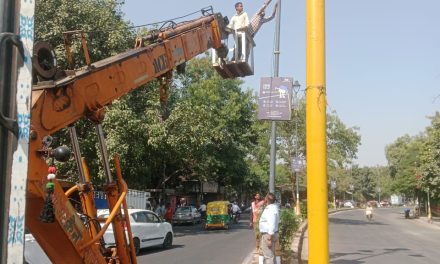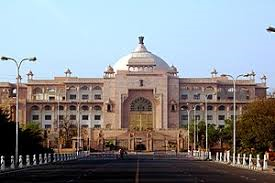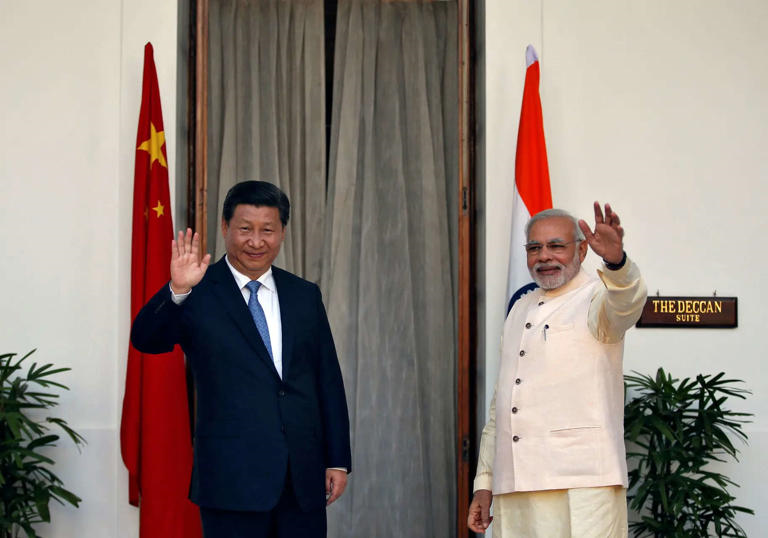India-China Relations: Xi Jinping Urges Cooperation, Calls for Resolution of Differences with PM Modi at BRICS Summit
Chinese President Xi Jinping emphasized the need for China and India to effectively manage their differences and enhance communication during a meeting with Indian Prime Minister Narendra Modi on Wednesday. The interaction, which took place on the sidelines of the BRICS summit in Kazan, Russia, marks a significant diplomatic development between the two nations after years of strained relations. Chinese state broadcaster CCTV reported that Xi stressed the importance of both countries taking on their global responsibilities and setting an example for other emerging economies.
This marked the first formal bilateral discussion between Modi and Xi in five years. The two leaders’ meeting signals a potential thaw in the previously icy relationship between Asia’s two largest economies, which was severely damaged by a deadly border clash in 2020. During the meeting, Xi Jinping expressed hopes that both nations would work towards realizing their respective development goals.
The meeting comes shortly after New Delhi announced a key agreement with Beijing to resolve a long-standing military standoff at their shared Himalayan border. This four-year military dispute, which escalated after a violent clash in Ladakh in 2020, had claimed the lives of 20 Indian soldiers and four Chinese troops. The conflict resulted in both countries significantly increasing their military presence along the disputed region, with tens of thousands of soldiers and heavy weaponry being stationed near the frontier.
While diplomatic tensions had run high over the past several years, with both nations hardening their stance on various issues, there appears to be a renewed commitment to dialogue. The meeting between Modi and Xi follows months of diplomatic efforts to ease tensions. Their most recent high-level exchanges before this took place during multilateral events, including brief interactions at the G20 summit in Bali in 2022 and the BRICS summit in Johannesburg in 2023. However, their interactions had not led to substantive progress, and their respective governments even issued conflicting statements after their last conversation, reflecting the deep rift in perceptions.
Xi Jinping’s decision to skip the G20 summit hosted in New Delhi in September 2023 was seen by many as a further strain on the bilateral relationship. However, recent developments suggest that both sides are now focused on rebuilding trust and finding practical solutions to their conflicts. Foreign ministers from both countries met in July 2024 to discuss steps towards de-escalating tensions at the border. These discussions laid the groundwork for the latest agreement, with both sides agreeing to patrol the contested border points according to a mutually accepted schedule, thereby minimizing the risk of further confrontations.
India, on its part, had linked any meaningful restoration of wider political and business relations to the resolution of the border dispute. In response to the Ladakh clashes, New Delhi had imposed several restrictions on Chinese investments, blocked direct flights, and nearly halted the issuance of visas to Chinese nationals. However, with the recent progress on the border issue, there is hope that Wednesday’s discussions may lead to increased Chinese investments in India and a gradual easing of these restrictions.
Although the full details of the border agreement remain undisclosed, the meeting between Modi and Xi is being viewed as a crucial step toward repairing ties between the two nations. Both leaders appear determined to put the worst of their recent history behind them and set an example of cooperation for the global community, particularly among emerging economies.




